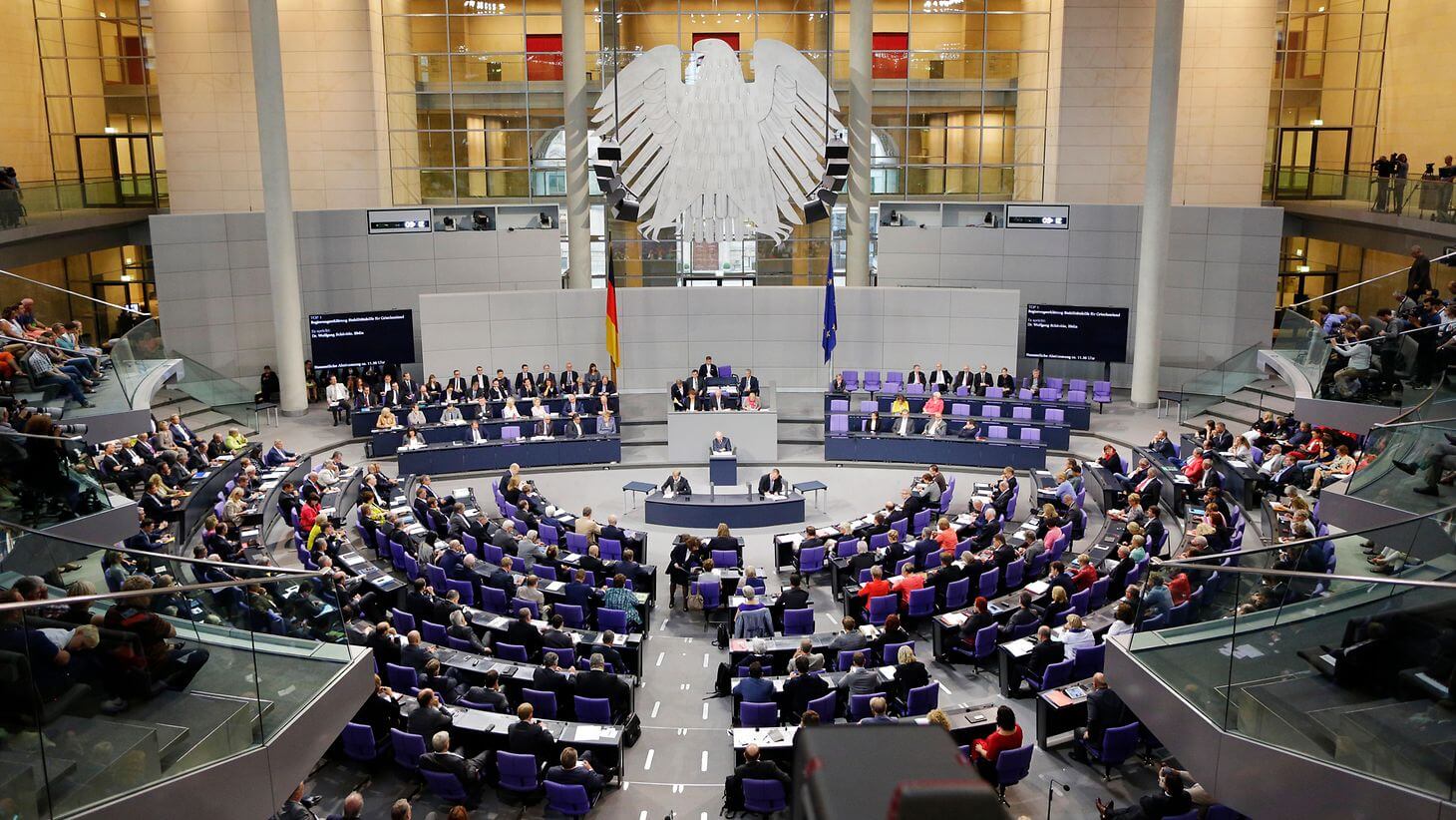On Tuesday, Germany’s ruling coalition agreed to their proposal for significant reforms in the electoral system, which aims to reduce the strength of the German parliament or the Bundestag. Following the prolonged negotiations, the Christian Democrats (CDU), of which Chancellor Angela Merkel is a member, along with the Christian Socialist Union (CSU) and the Social Democrats (SPD), agreed to “dampen” the consistently growing German parliament by 2025. These talks were concluded after eight hours of “difficult” negotiations between the three parties to reach a “tough” but “fair compromise”.
The Bundestag is the largest democratic parliament in the world and has had a record size of 709. The election system is such that there is no upper limit for the number of members in the parliament. During the elections, each German voter casts two votes. The first is for its “directly elected” candidate. This accounts for 299 out of 598 seats in the Bundestag, with one candidate representing one constituency. The rest of the 299 or more seats are decided by a second vote. In this, the vote is cast for a political party, the result of which will determine the percentage of the seats that each political party gets in the parliament. For a political party to secure representation in the Bundestag, they have to ensure a minimum of 5% of votes. Meanwhile, political parties across Germany decide which candidates will represent them in the parliament by occupying the remaining 299 seats.
The number of members in the parliament exceeds 598 due to the concept of “overhang seats”. This occurs when voters support one political party in their first vote, and another in their second. Consequently, the number of seats that have been secured by the first vote will be incongruent with the proportion of party representation decided in accordance with the second vote. Hence, more seats are given to political parties to get rid of this inconsistency.
In the past, this issue has not been very pronounced, as the political parties that are currently in power, which includes the CDU, CSU and the SPD, were always extremely popular and tended to win similar proportions of votes in both the first and second votes. However, with opposition against the parties increasing over the past few years, a growing number of voters now prefer representation of smaller parties in the parliament, hence requiring additional seats.
While this structure of the parliament will remain unchanged for the 2021 elections, according to the proposed amendments, the number of constituencies will be brought down from 299 to 280 by 2025. A reform commission will clarify the exact details of the proposal.
The system was created to ensure accurate representation in the parliament. However, over the past few years, several flaws in the system have started to surface. For instance, maintaining the Bundestag has become increasingly expensive. In 2020, according to the Deutsche Bank, the budget could go over €1 billion, which is a 25% increase from 2014 and 2018. Moreover, there is also a shortage of space and infrastructure in the parliament’s building. Additionally, with more members in the parliament, there are more speeches, debates, and initiatives proposed, which hampers the efficiency of the legislative process.

